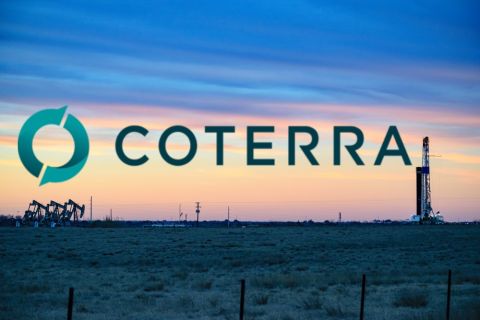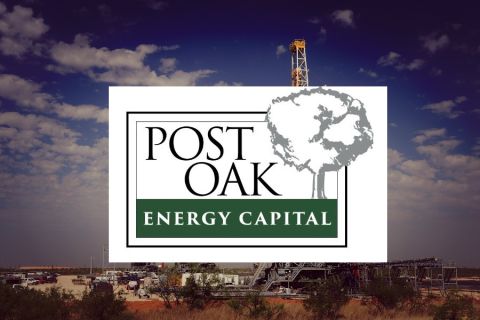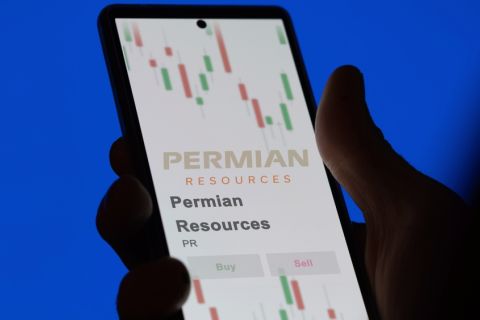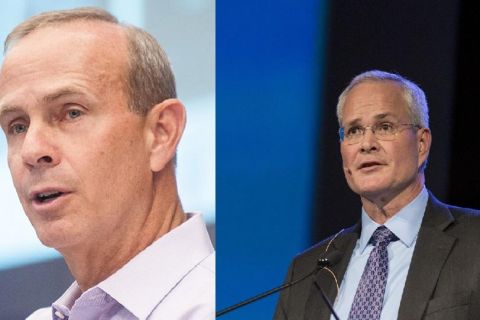Rich Haut and Tom Williams
Through the organizations we manage, we provide technology-focused solutions for the safe development of oil and gas in an environmentally-sound manner. The unbiased information our respective organizations produce is often used by regulators and policymakers.
However, we conscientiously avoid advocating, as we have learned perception and objectivity are related. The Environmentally Friendly Drilling Systems (EFD) program’s mission has been to fill what we observed was a void— the “middle ground” per se—between the various segments within the industry and the public. The Research Partnership to Secure Energy for America (RPSEA) program’s focus, meanwhile, has been to bring researchers, academia and end users together to fund and manage R&D with a process that has a very good chance of the technology being applied.
We are fortunate to live in time when the industry’s safety and environmental performance has significantly improved. What has recently transpired—and the reason for our optimism—is that the newest generation of leadership in the industry will not accept compromises in safety and environmental performance.
There has also been a slow and steady transition in developing a strong culture of safety into a similar environmental culture and commitment. Much of this has to do with managing and mitigating risks, but it also includes a commitment to environmental stewardship. Our programs have worked hard to foster this culture. This progress is coupled with an improved cooperation between federal and state regulators, policymakers and industry. The collaboration has a clear goal: to get things done. The days of more hostile environmental regulatory control, primarily on a federal level, hurt, not helped environmental performance.
The good news is the oil and gas industries are improving their environmental performance each year through better practices and technologies. Statistics back this up. This progress needs to continue, and investments in new technology and better practices are necessary.
While we do not advocate, we hope the media as well as the environmental NGOs will rethink their criticism of certain government leaders who are, in truth, doing good things, delegating proper oversight to states and directing their staff work with—not against—the people who work for oil and gas companies.
Over the course of the past decade, we have witnessed the importance of having regional expertise provide regional oversight. Working together is healthy. The people who work for the companies have one primary goal: “Work hard, make a decent living, come home safe to their families every day and not screw up our environment.” We should keep this going.
Rich Haut is managing director for the Environmentally Friendly Drilling Systems program and program director of energy production for HARC, and Tom Williams is president of the Research Partnership to Secure Energy for America (RPSEA). HARC and RPSEA are not for profit organizations.
Recommended Reading
CEO: Coterra ‘Deeply Curious’ on M&A Amid E&P Consolidation Wave
2024-02-26 - Coterra Energy has yet to get in on the large-scale M&A wave sweeping across the Lower 48—but CEO Tom Jorden said Coterra is keeping an eye on acquisition opportunities.
Permian E&P Midway Energy Partners Secures Backing from Post Oak
2024-02-09 - Midway Energy Partners will look to acquire and exploit opportunities in the Permian Basin with backing from Post Oak Energy Capital.
Permian Resources Declares Quarterly Base, Variable Dividends
2024-02-29 - Permian Resources’ dividends are payable March 21 to shareholders of record by March 13.
Exxon, Chevron Tapping Permian for Output Growth in ‘24
2024-02-02 - Exxon Mobil and Chevron plan to tap West Texas and New Mexico for oil and gas production growth in 2024, the U.S. majors reported in their latest earnings.
Why Endeavor Energy's Founder Sold His Company After Years of Rebuffing Offers
2024-02-13 - Autry Stephens', the 85-year-old wildcatter, decision to sell came after he was diagnosed with cancer, according to three people who discussed his health with him.




